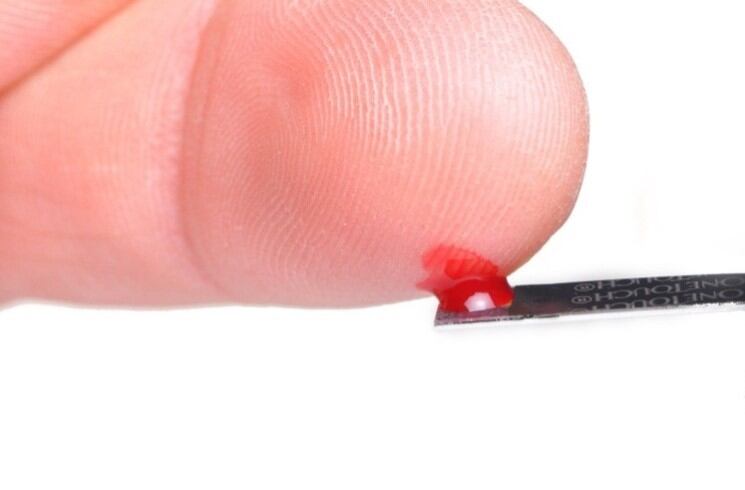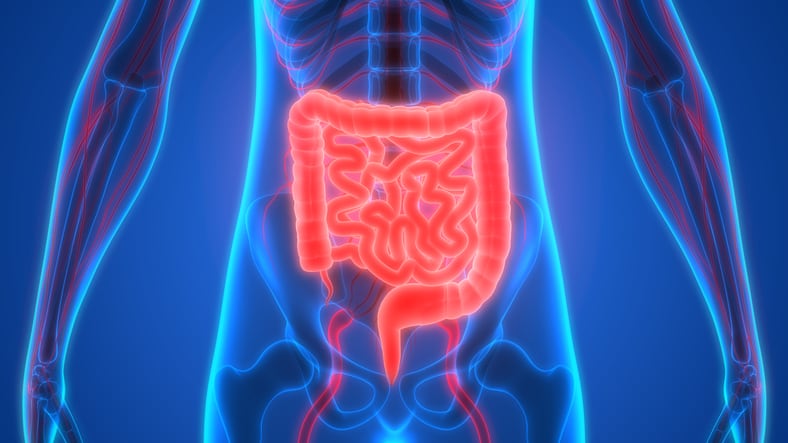Researchers at Oregon State University identified the four bacterial species, Lactobacillus johnsonii, Lactobacillus gasseri, Romboutsia ilealis and Ruminococcus gnavus as likely to affect glucose metabolism.
"The first two microbes are considered potential 'improvers' to glucose metabolism, the other two potential 'worseners,'" explains Natalia Shulzhenko, study co-leader and associate professor of biomedical sciences in Oregon State University’s (OSU) Carlson College of Veterinary Medicine.
"The overall indication is that individual types of microbes and/or their interactions, and not community-level dysbiosis, are key players in type 2 diabetes."
Along with University of Vienna researchers, the team used Transkingdom Network analysis to model host-microbiome interactions under a western diet to identify microbiota that alter the host metabolism.
Further analysis of these interactions resulted in species shortlist that had either beneficial or harmful effects on host’s metabolism.
The research team then began validating the functional role of each bacteria to find out their exact roles in regulating metabolism and how they acted act via different host pathways.
Improvers and worseners
"The analysis pointed to specific microbes that potentially would affect the way a person metabolises glucose and lipids," explains study co-leader Dr Andrey Morgun.
"Even more importantly, it allowed us to make inferences about whether those effects are harmful or beneficial to the host. And we found links between those microbes and obesity."
Next, the team placed mice on a western diet whilst also giving them the improver and worsener microbes. Mice given the Lactobacilli saw improvements to liver health and thus improved glucose and lipid metabolism.
These results were then compared to earlier data from a human study where links between human body mass index and high numbers of the four bacteria were identified.
Simply put, more of the improvers microbes meant a better body mass index, whilst increased worsener numbers were connected to a less healthy BMI.
"We found R. ilealis to be present in more than 80% of obese patients, suggesting the microbe could be a prevalent pathobiont in overweight people," Dr Shulzhenko adds.
"Our observations support what we saw in the western diet-fed mice," she says. "And in looking at all of the metabolites, we found a few that explain a big part of probiotic effects caused by Lactobacilli treatments."
Research summary
In concluding thoughts, the team highlighted a series of mechanisms that could possibly explain how microbiota can affect type 2 diabetes.
These include modulation of inflammation and immune mediators, gut hormones, mucosal permeability, and insulin production among others.
“Interactions between mitochondria and microbiota is an emerging direction in microbiome research and have been implicated in Parkinson’s disease, intestinal cell death by antibiotic-resistant microbiota,” the study concludes.
“Metabolic health is synonymous with mitochondrial health where the ancestral mitochondrion-microbiome axis may play an important role.”
Dr Morgun, who is also associate professor of pharmaceutical sciences in the OSU’s College of Pharmacy adds, "Our study reveals potential probiotic strains for treatment of type 2 diabetes and obesity as well as insights into the mechanisms of their action.
"That means an opportunity to develop targeted therapies rather than attempting to restore 'healthy' microbiota in general."
Source: Nature Communications
Published online: doi.org/10.1038/s41467-020-20313-x
“Transkingdom interactions between Lactobacilli and hepatic mitochondria attenuate western diet-induced diabetes.”
Authors: Richard Rodrigues et al.




